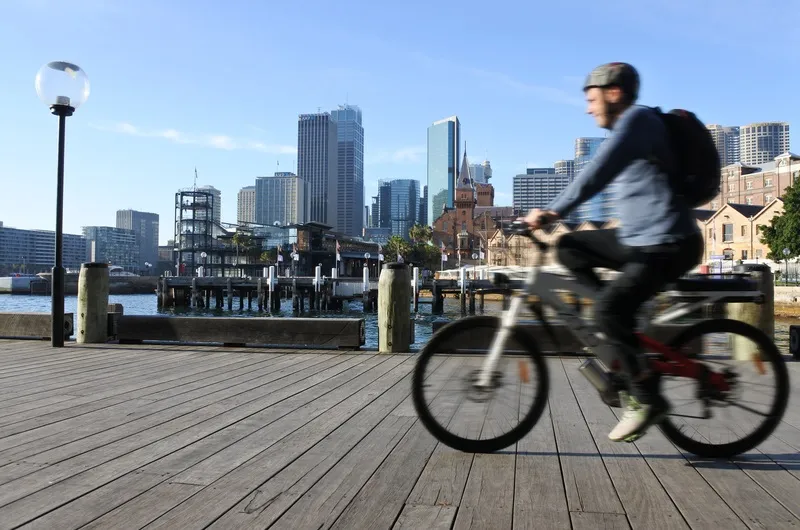UK Chancellor of the Exchequer, the Rt. Hon George Osborne will visit Liverpool today to announce a package of measures to support the city’s science and transport infrastructure.
The Chancellor will unveil a new US$60 million transport package as part of the Atlantic Gateway project, which is building greater connections between Liverpool and Manchester and aims to create 250,000 jobs by 2030.
July 3, 2014
Read time: 2 mins
UK Chancellor of the Exchequer, the Rt. Hon George Osborne will visit Liverpool today to announce a package of measures to support the city’s science and transport infrastructure.
The Chancellor will unveil a new US$60 million transport package as part of the Atlantic Gateway project, which is building greater connections between Liverpool and Manchester and aims to create 250,000 jobs by 2030.
Today’s announcement includes: a US$18 million upgrade to the Halton Curve rail line to improve connectivity between Liverpool, Cheshire, Warrington and North Wales; US$9.5 million to improve access and road safety around Knowsley Industrial Park; US$6.8 million of improvements to A5300 Knowsley Expressway to maximise the benefits of the New Mersey crossing and access to Liverpool Airport; and a US$24.6 million upgrade of the car parking and public transport connections on the Newton-le-Willows rail interchange link to Parkside.
He will also reveal that the University of Liverpool and Liverpool John Moores University have been successful in their bid to create one of four University Enterprise Zones, with US$8.5 million match funding from government.
The US$25.7 million facility will house and support new high tech businesses around sensor technologies. ‘Sensor City’ will help inventions go from the lab to the factory floor even faster, and act as a shop window for foreign investment into the city’s high tech start ups.
The Chancellor of the Exchequer said: “Our long term economic plan is about delivering jobs and growth across all parts of Britain, and three quarters of the net new private sector jobs created since 2010 have been outside London. But there is more we need to do.
“Today I take the next step to build a Northern Powerhouse. I said we would back key infrastructure and science. Today I do that with US$60 million in transport upgrades for the Atlantic Gateway and a new University Enterprise Zone in Liverpool.”
The Chancellor will unveil a new US$60 million transport package as part of the Atlantic Gateway project, which is building greater connections between Liverpool and Manchester and aims to create 250,000 jobs by 2030.
Today’s announcement includes: a US$18 million upgrade to the Halton Curve rail line to improve connectivity between Liverpool, Cheshire, Warrington and North Wales; US$9.5 million to improve access and road safety around Knowsley Industrial Park; US$6.8 million of improvements to A5300 Knowsley Expressway to maximise the benefits of the New Mersey crossing and access to Liverpool Airport; and a US$24.6 million upgrade of the car parking and public transport connections on the Newton-le-Willows rail interchange link to Parkside.
He will also reveal that the University of Liverpool and Liverpool John Moores University have been successful in their bid to create one of four University Enterprise Zones, with US$8.5 million match funding from government.
The US$25.7 million facility will house and support new high tech businesses around sensor technologies. ‘Sensor City’ will help inventions go from the lab to the factory floor even faster, and act as a shop window for foreign investment into the city’s high tech start ups.
The Chancellor of the Exchequer said: “Our long term economic plan is about delivering jobs and growth across all parts of Britain, and three quarters of the net new private sector jobs created since 2010 have been outside London. But there is more we need to do.
“Today I take the next step to build a Northern Powerhouse. I said we would back key infrastructure and science. Today I do that with US$60 million in transport upgrades for the Atlantic Gateway and a new University Enterprise Zone in Liverpool.”








